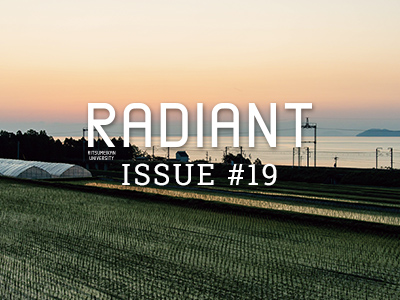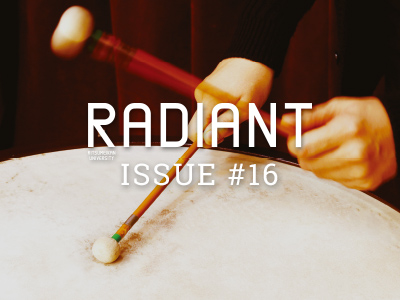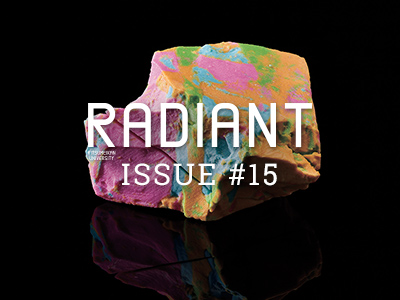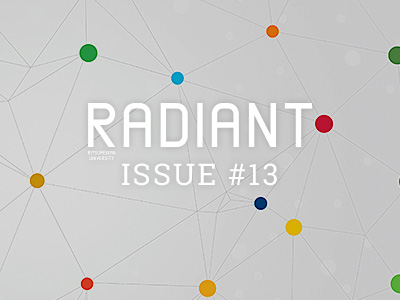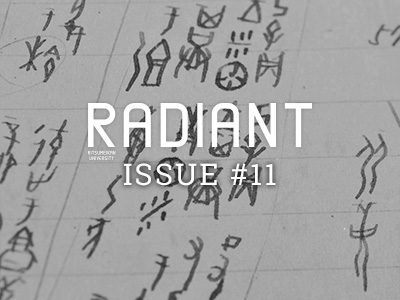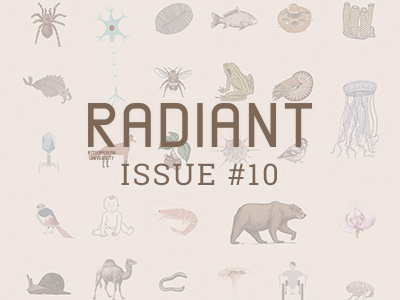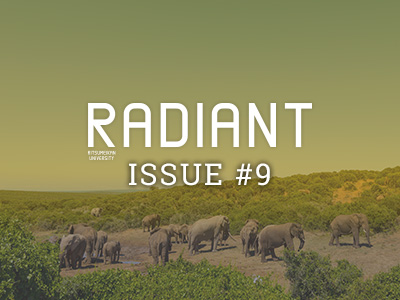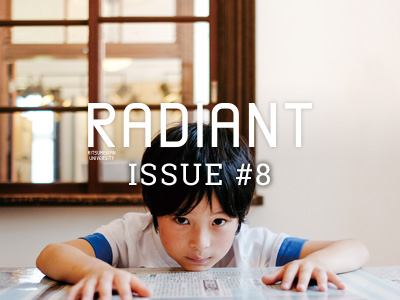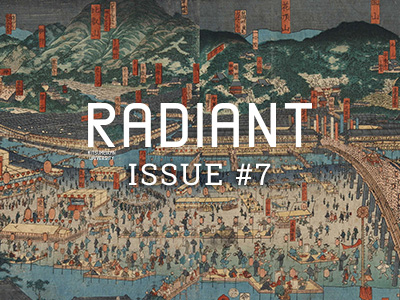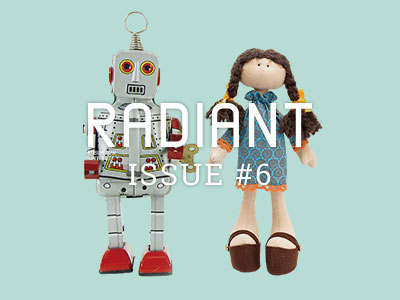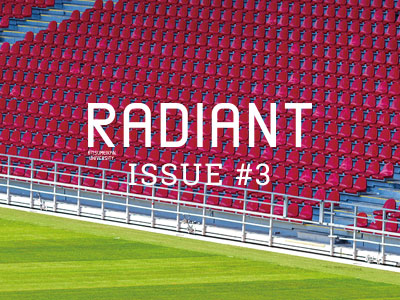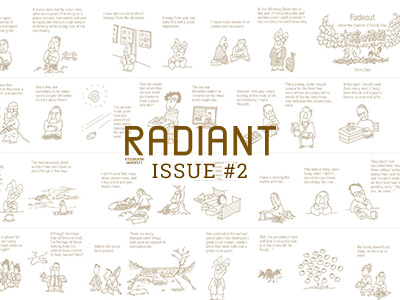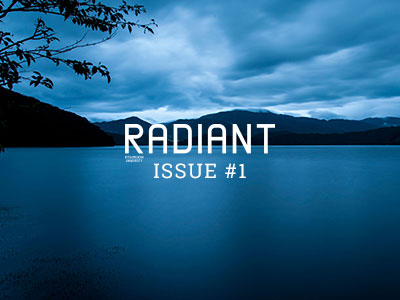STORY #5
How to Accommodate Food Taboos A Key to a Successful Inbound Tourism Business
Mariko Arata
Professor, College of Gastronomy Management
How do we accommodate the food taboos that apply to one third of the world’s population?
Over the past few years, with the number of foreign tourists soaring, the inbound tourism business has been booming all over Japan. Aside from China, Europe, and North America, the number of tourists from Southeast Asia has also visibly increased in recent years. Many such visitors list food as one of their reasons for visiting Japan. At a time when the restaurant and food industry is attempting to find a way to accommodate these foreign visitors, one especially urgent task is how to deal with food taboos and avoidance.
“At least one third of the world’s population observes food taboos and practices avoidance based on beliefs or religion. There are also a significant number of people with allergies, yet Japan cannot be said to be sufficiently accommodating such taboos and avoidances.” This is a point made by Mariko Arata, a cultural anthropologist who has conducted fieldwork on food culture in Indonesia and has made many contributions to halal studies.
In the Japanese food service and ready-meal industries, a lack of consideration due to ignorance is not uncommon, and conversely, some choose to exclude everything to the point of neglecting the basics of providing delicious food. In response to this current situation, Arata is proposing a method of providing food to people who observe diverse forms of food taboos and avoidance. Arata attaches the greatest importance to disclosure. “First, there are two types of disclosure to keep in mind when displaying the menu at a restaurant. There is menu information such as ‘Deep-fried chicken’ and ‘Potato salad,’ which lists the main ingredients of a dish and describes its cooking method, and then there is ingredient information, which reveals all ingredients used, including those used in small amounts.” Menu information is sufficient for customers who choose their dishes based only on preference, but those who have allergies or religious taboos cannot get by without the ingredient information. If a detailed description is difficult, simply adding labels such as “Pork-free” or “Meat-free” makes it easier for many people to choose their dishes.
Moreover, Arata recommends not only textual information but also labeling, using foodpicts.
Foodpicts are pictograms that refer to 14 kinds of food materials provided by FOODPICT Inc. They cover major allergens and religious taboos, and accommodate vegetarians, also. However, “if you use foodpicts, you must strictly observe the guidelines. Picking and choosing a part of them as you please is not acceptable,” she warns. “What would happen if there was a hotel buffet that used foodpicts for only the seven allergenic ingredients? A vegetarian might never imagine there were no labels for meat or fish and could end up consuming it. This would render the foodpicts useless.”
She also says that care is required when labeling for alcohol. This is because two types of needs exist: 1) the need to avoid all food and drinks that use ingredients derived from alcoholic drinks (khamr), regardless of the amount, for religious reasons and 2) the need to avoid intoxicating food and drink because of reasons such as pregnancy or having to drive. In the case of the former, because some people avoid food seasoned with sake, mirin, or alcohol-added miso and soy sauce, foodpicts accommodate this stricter requirement; however, for those who fall into the latter category, such labels may be an overstatement and lead to confusion. Arata suggests that “restaurants and shops offering alcohol drinks could, for example, add additional information such as ‘For adults only’ or ‘OK for kids, too.’”
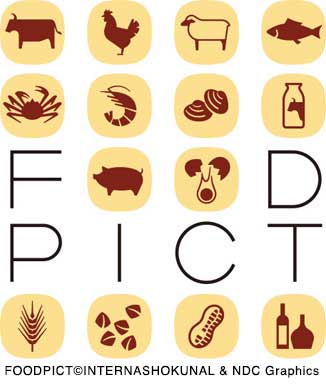
Foodpicts are the 14 pictograms provided by FOODPICT Inc. accommodating allergies, religious taboos, and vegetarianism, which can be used as an effective tool for disclosing information on ingredients used in a dish to international visitors.

One issue that has garnered attention in the food business world in recent years is halal. According to Arata, halal signifies “things allowed in Islam or things legal under Islamic law.” When it comes to halal food, the globalization of distribution and the sophistication of food processing have resulted in an increase in food and drink whose halal status is difficult to verify immediately, which has increased the importance of halal certification, by which certification bodies guarantee that “this is halal.” While there are firms that enter Muslim markets by obtaining halal certification, there are examples of restaurants and accommodation facilities that struggle with how to manage this.
However, “Many people misunderstand this, but halal is not the same as being halal-certified.” Arata explains. “To begin with, certification is a very new institution that came about toward the end of the twentieth century. Moreover, there are diverse interpretations of what constitutes halal among Muslims, depending on their sects or schools of jurisprudence, etc., while food preferences and customs also differ among countries and cultures. Foods are often judged to be authentically halal and consumed by Muslims without any certification, while on the contrary, some halal-certified foods may be suspected to be non-halal. More important than obtaining certification, just as with any other product, is 1) providing reasonably priced products that are in line with consumers’ needs and preferences and 2) gaining their customers’ trust.”
She explains, “What we should worry about the most is non-Muslims arbitrarily deciding what is halal and what is not.” She is concerned that there is an overprotective tendency to avoid risk by judging products to be “non-halal” based on a shallow understanding.
She stresses that “Muslims, Jews, vegetarians, and others each have their own food taboos, but they are the same as any of us, as each possesses a rich culinary world of their own. To help such people from all over the world enjoy Japanese food, it is important that we create an environment in which each and every one can choose freely, following their own judgment.”
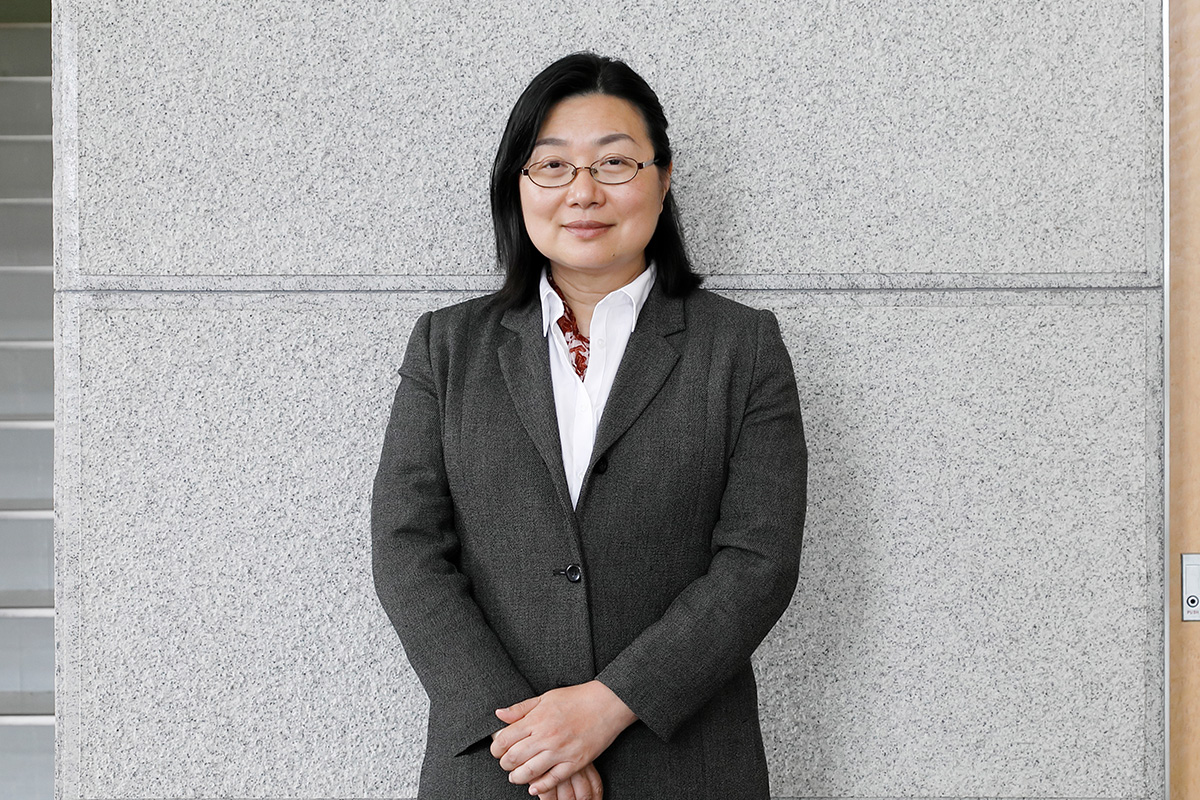
- Mariko Arata
- Professor, College of Gastronomy Management
- Subject of Research: Indonesian food culture studies, halal food studies, food business in multi-cultural societies and glocalization, food preference, and food choice
- Research Keywords: Eating habits, area studies, linguistics, Japanese language education, foreign language education, cultural anthropology









